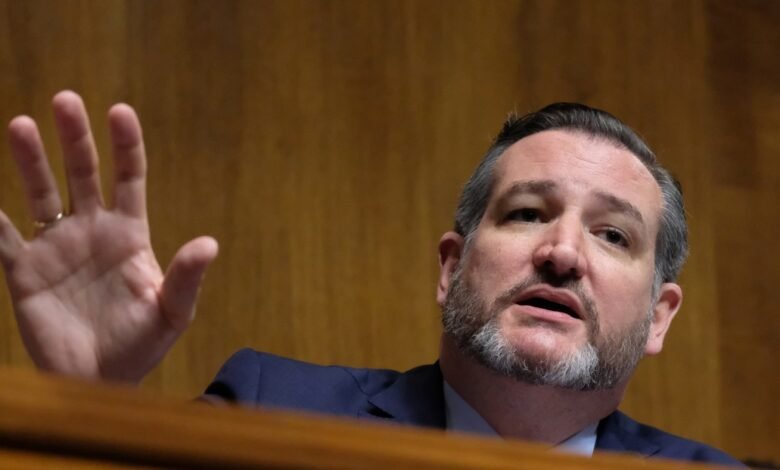Ted Cruz Bill Grants AI Firms 10-Year Self-Regulation Window

▼ Summary
– Sen. Ted Cruz introduced the SANDBOX Act to create a regulatory sandbox allowing AI companies to test products with reduced federal oversight.
– Companies would need to apply for waivers from obstructive regulations and disclose plans to mitigate consumer safety and financial risks.
– Waivers could last up to 10 years, with agencies having 90 days to respond or automatically grant them, and denials could be appealed to the White House OSTP.
– Advocacy groups criticize the bill as favoring big tech and enabling risky practices, while also expressing concern about OSTP overriding federal agencies.
– The bill aligns with Trump’s AI Action Plan, which supports regulatory sandboxes and penalizes states that regulate AI, contrasting with Texas’s own 36-month sandbox law.
A new legislative proposal from Senator Ted Cruz aims to establish a regulatory “sandbox” providing artificial intelligence firms with a ten-year window to operate with reduced federal oversight. The bill, known as the SANDBOX Act, would permit companies to seek waivers or modifications from regulations they deem obstructive to the development and deployment of AI technologies. In exchange, participating firms must present detailed strategies for addressing potential consumer safety and financial risks.
Under the proposed framework, waivers could be granted for periods of up to two years, renewable for a total of ten years. This structure echoes an earlier, unsuccessful attempt to impose a decade-long pause on state-level AI regulation, which the Senate rejected last July. Authority to approve these exceptions would lie with the relevant federal agencies, such as the Federal Trade Commission, which currently oversees children’s online privacy. If an agency fails to respond to a waiver request within 90 days, approval would be automatic. Companies denied a waiver could appeal to the White House Office of Science and Technology Policy, which would manage the sandbox program and possess the power to overturn agency rejections. Annual reports to Congress would detail how many regulatory waivers or modifications were issued.
Critics have been quick to voice opposition. The Tech Oversight Project has labeled the bill a “sweetheart deal for Big Tech CEOs,” suggesting it could create a two-tiered system favoring large donors over smaller startups. Public Citizen, a consumer advocacy organization, warns that the measure might encourage a “move fast and break things” approach to legal and regulatory compliance. Both groups have also raised alarms about the OSTP’s ability to override decisions made by specialized federal agencies, many of which have faced recent challenges due to funding and structural constraints.
The proposal aligns with broader policy directions recently endorsed by former President Trump, whose AI Action Plan released in July advocated for regulatory sandboxes. That plan also included provisions to withhold federal funding from states that enact their own AI regulations, effectively creating a backdoor moratorium. Meanwhile, Cruz’s home state of Texas approved its own AI sandbox legislation in June, though it caps the experimental period at three years, significantly shorter than the federal proposal’s decade-long horizon.
(Source: The Verge)





